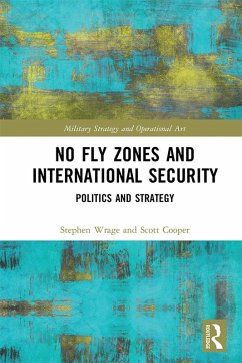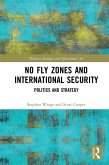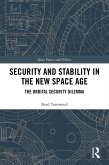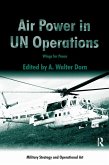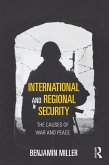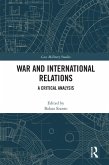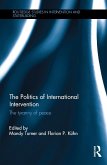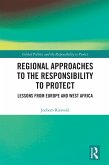This book discusses the practice of no-fly zones in international affairs.
The first no-fly zone was imposed over northern Iraq immediately after the first Gulf War, and since then they have become a regular recourse for policymakers confronted with humanitarian crises. They have come to be viewed as a feasible, essentially non-violent form of intervention that can be performed entirely from the air in a situation where some form of action is widely thought to be necessary but the political will for a ground operation is insufficient. Nonetheless, even among policy makers there is limited understanding of the requirements, the shortcomings and the potentialities of no-fly zones. This is the first comprehensive work on this topic, and examines the assumptions surrounding no-fly zones by focusing on issues such as authority, cost, possibility of escalation and effectiveness. Looking back at 25 years of experience with no-fly zones, the book's goal is to look at what historical lessons may be drawn and to make some predictions with regard to the politics and strategy of no-fly zones in the future.
This book will be of much interest to students of air power, security studies, Middle Eastern Studies and IR in general
The first no-fly zone was imposed over northern Iraq immediately after the first Gulf War, and since then they have become a regular recourse for policymakers confronted with humanitarian crises. They have come to be viewed as a feasible, essentially non-violent form of intervention that can be performed entirely from the air in a situation where some form of action is widely thought to be necessary but the political will for a ground operation is insufficient. Nonetheless, even among policy makers there is limited understanding of the requirements, the shortcomings and the potentialities of no-fly zones. This is the first comprehensive work on this topic, and examines the assumptions surrounding no-fly zones by focusing on issues such as authority, cost, possibility of escalation and effectiveness. Looking back at 25 years of experience with no-fly zones, the book's goal is to look at what historical lessons may be drawn and to make some predictions with regard to the politics and strategy of no-fly zones in the future.
This book will be of much interest to students of air power, security studies, Middle Eastern Studies and IR in general
Dieser Download kann aus rechtlichen Gründen nur mit Rechnungsadresse in A, B, BG, CY, CZ, D, DK, EW, E, FIN, F, GR, HR, H, IRL, I, LT, L, LR, M, NL, PL, P, R, S, SLO, SK ausgeliefert werden.

